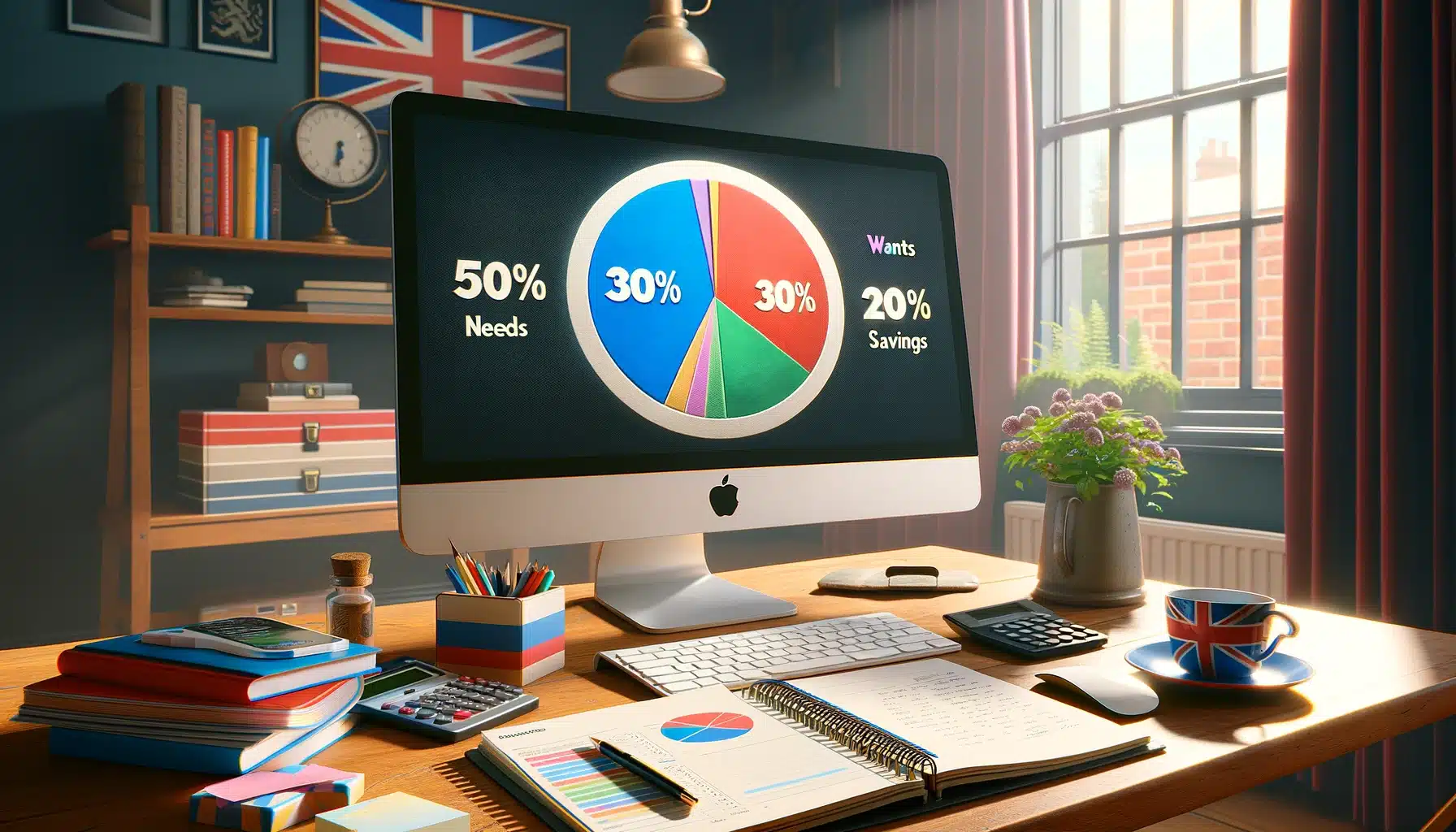Budgeting


Budgeting is a fundamental financial practice that involves planning and controlling spending to ensure that individuals can live within their means, save for the future, and avoid debt. It is the process of creating a balanced plan, a budget, which outlines an individual’s or household’s expected income and allocates it towards expenses, savings, and debt repayment. This financial tool is essential for achieving financial stability and working towards long-term financial goals.
The process starts with tracking income and expenses to understand where money comes from and where it goes. This insight allows for the identification of necessary expenses (such as housing, utilities, and groceries) and discretionary spending (such as entertainment and dining out). By categorising expenses, individuals can set realistic limits on spending in various areas, ensuring that they do not exceed their income.
Effective budgeting requires setting clear financial goals, whether short-term (saving for a holiday, paying off a small debt) or long-term (buying a home, retirement savings). Goals provide direction and motivation, helping individuals prioritise their spending and savings efforts.
A crucial aspect of budgeting is the adjustment and review process. Budgets are not static; they need to be reviewed regularly and adjusted as financial circumstances change. This flexibility allows individuals to manage unexpected expenses or changes in income without compromising their financial health.
In summary, budgeting is a proactive approach to managing personal finances. It empowers individuals to control their financial destiny, reducing stress and enabling them to make informed decisions about their money. By carefully planning and monitoring income and expenditure, individuals can avoid debt, accumulate savings, and achieve their financial objectives.

Read through our latest information about Budgeting to gain a better insight into the challenges you are facing.










To browse all our recent posts please click below.
We have access to a large database of experienced and accredited independent financial advisors.
Need to speak to an expert? We can put you in touch with the right person.

There are lots of areas within financial planning to discover in more detail here are just a few to start your research:
Have a question we’ve not answered? Contact us for more details.
If you need help with any of the topics that are covered in this website then please contact us.
We can introduce you to suitable experts and independent financial advisors who can help you put in place the plans to improve and secure your financial future.